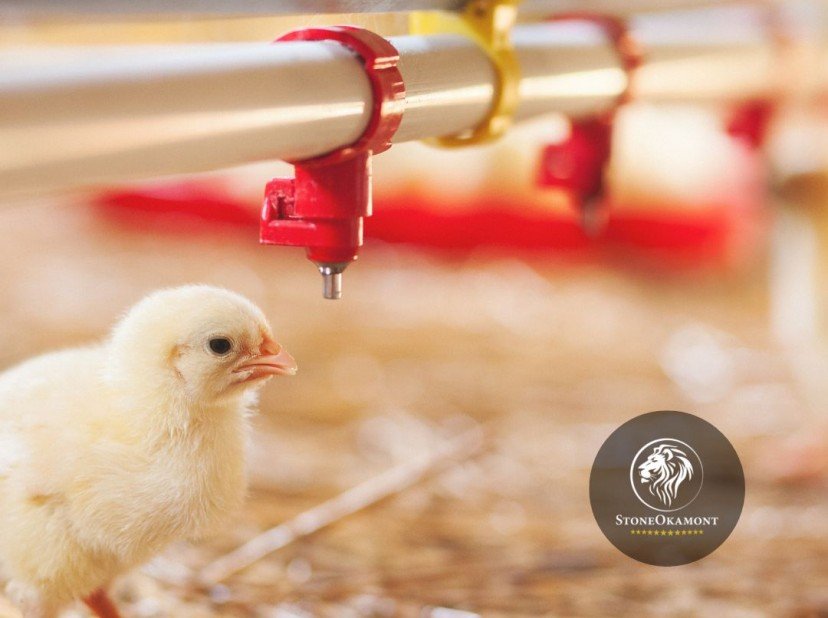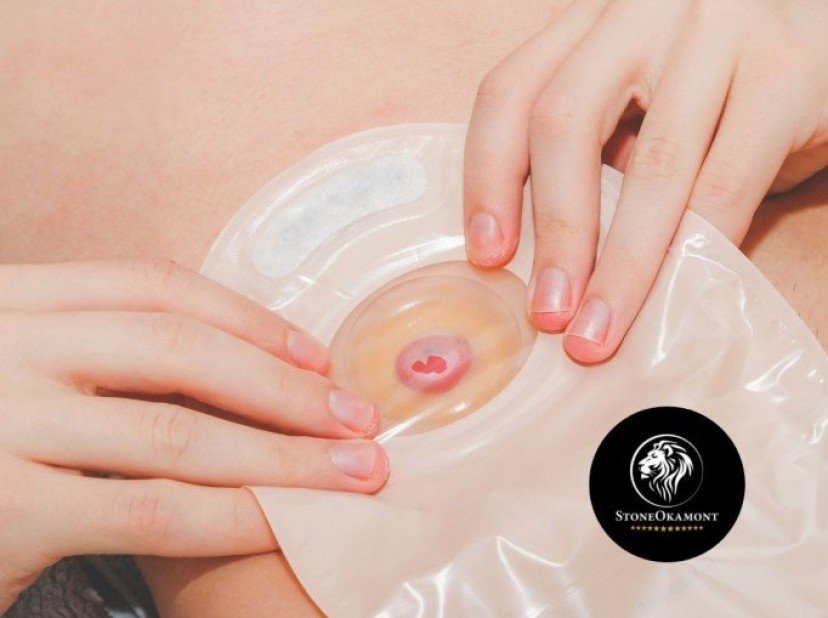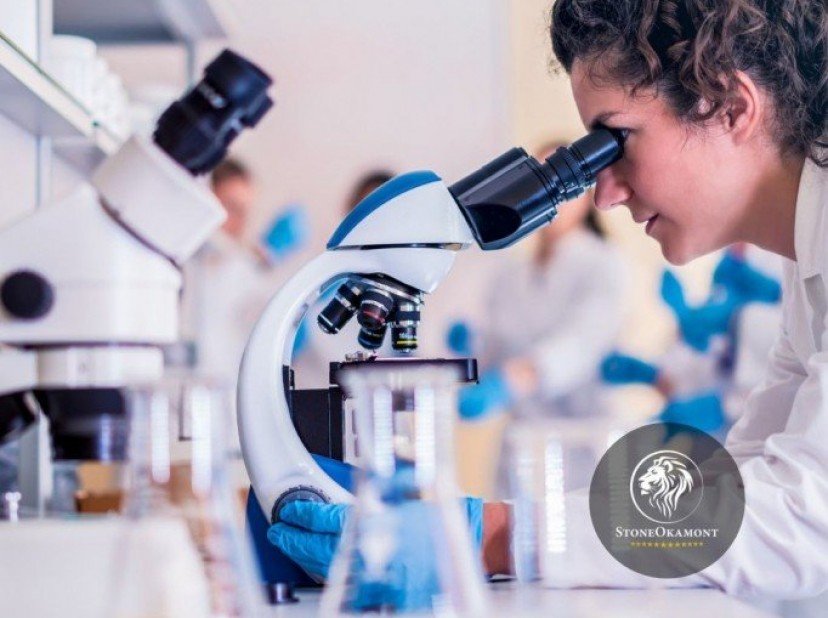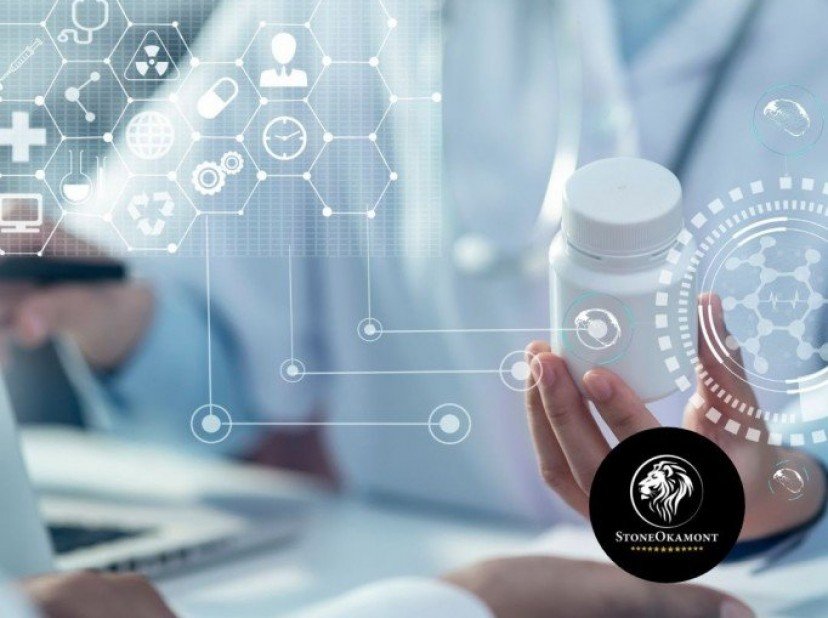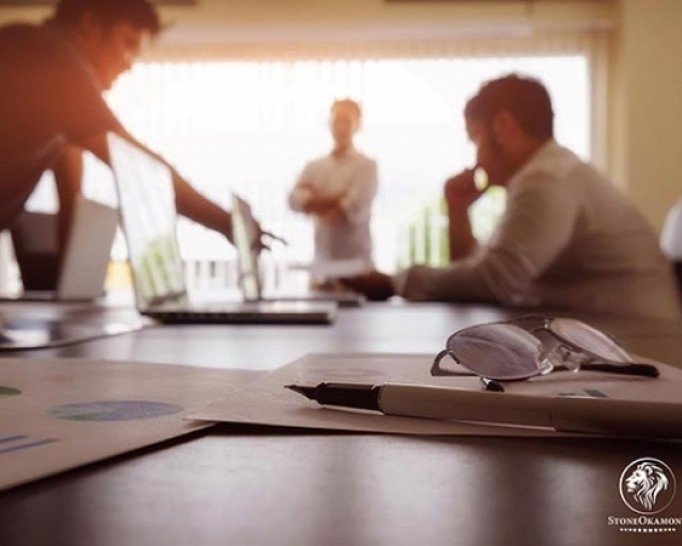
All products related to the health sector must be registered and regularized with the Brazilian Health Regulatory Agency (ANVISA).
After completing both steps, it's time to register your product. It is worth remembering that only from the approved Product Registration you will be able to legally market your product.
This part can be a bit complicated and very bureaucratic.
Looking for innovative solutions, Stone Okamont explains more about the Product Registration, its peculiarities, its importance and how alone it offers advice and personalized advice and with Zero Bureaucracy, reaching the objective of its clients quickly and economically.
What is the function of Product Regulation?
In general terms, Product Registration indicates that the effectiveness and safety of the product was verified, considering that it has undergone technical analysis, tests and obtained the necessary reports to be approved.
When it is regularized with ANVISA, the product is fit for human consumption and / or for its intended use.
Therefore, the Product Regulation is a great indicator of quality, that is, with this registration it becomes possible to prove if there is as much efficacy, as safety, and if it can be conveyed in the market.
Why is Product Regulation so important?
According to Brazilian legislation, the case of a non-profit product can be considered a crime, with a sentence of fine, seizure of the product, seizure of the company, and may also be a non-bailable crime.
Therefore, having the product regulation is a proof that your product is legally fit to be marketed.
What are the types of Product Regulation and how are they divided?
The Product Regulation can be divided into four classes. Each one represents a risk classification, with I being the lowest and IV being the highest.
The products may be exempted, notified, or registered according to their regulatory modality:
Exempt products are available in a list on the Portal of the Brazilian Health Regulatory Agency (ANVISA). If a product is not on the list, but it is possible to be exempted, in this case, an opinion must be sought from ANVISA.
Cosmetics and Sanitizers may be Notified (Grade I). In this case, they must go through a stage of testing and compiling documentation and reports for their regularization.
If they are registered (Grade II), the products undergo a more careful evaluation and technical analysis with requirements a little more specific in the questions of effectiveness and safety.
Notified and Exempt products are normally part of Risk Classification I.
Health Products (Correlates) that are part of Risk Classes I and II may be subject to the cadastre, in which more simplified verification procedures are applied.
For Risk Classes III and IV, the Product Registration (Medication and Correlates) processes are the most complex and demanding, requiring more detailed procedures. It is mandatory to have Good Manufacturing Practices Certification, and, in most cases, have completed the clinical trials applicable to the products in question.
How long does the regulatory process take?
Regulatory processes do not have an exact time to be realized. Each category may require a different period, not counting the demands of the regulatory body, the quantity of products to be inspected and recorded, as well as the documentary part, in which some demand or information can be requested, causing the term to increase.
For the processes of:
Product Regulation can take approximately 90-120 days. For Notification processes from 7 to 20 days.
Already the processes of cadastre takes 90 to 120 days and for the consultations of exemption approximately 30 days.
It is worth mentioning that the above deadlines are only indicators, and may vary more or less depending on each case.
To follow the processes it is possible to use the Transparency Portal. In it, ANVISA presents how much time it takes for each analysis and each stage of the process.
What are the challenges of conducting the Product Regulation process without a specialized team?
The process demands many requirements and the less experienced, the more susceptible to errors and consequently the requirements are higher. Not counting the possibility of forgetting some data, information or document, or if there are failures in the tests, reports or researches.
In such cases, it is necessary to stop the process to make the repairs. This may also include fees that must be paid again.
That is, using a specialized team, such as Stone Okamont, can avoid extra expenses, repetition of processes and much time wasted.
Reaching Your Goals
The process for obtaining the Product Regulation is extensive, with many technical details, demanding a lot of attention and familiarity with the necessary procedures. This makes the Stone Okamont ideal for your company, since it has a specialized team with more than 30 years of experience in the area.
Another great point is time. The processes are long and time-consuming, but with expertise, Stone Okamont can go through all the stages in record time. This also implies the approval time, since each error or lack of information causes the procedures to return to the starting point, doubling the estimated time.
Stone Okamont acts in a personalized way, using tools and technicians specialized in the area of operation of each company, further optimizing the Product Registration process, making it more economical, faster, with customized service and simplifying the Product Regulation with the Zero Bureaucracy method.
Contact Stone Okamont and get your Product Registration free of headaches!
